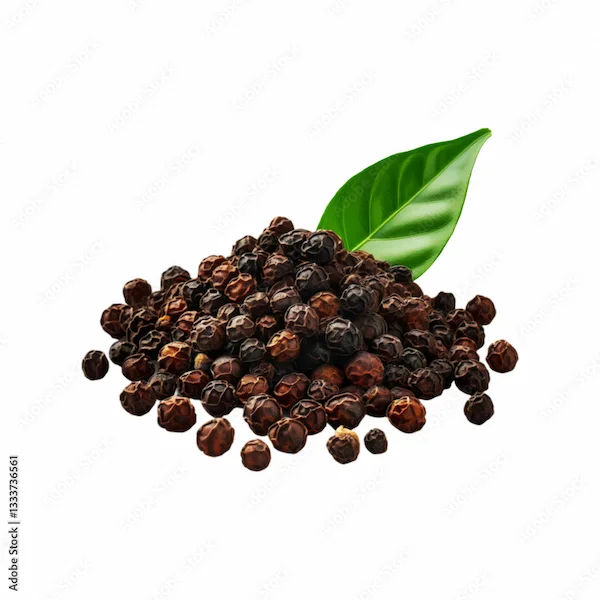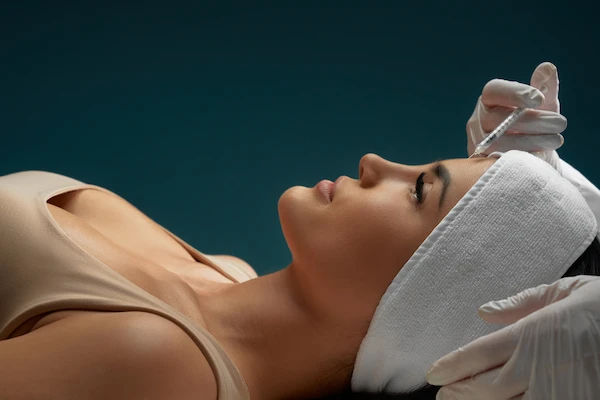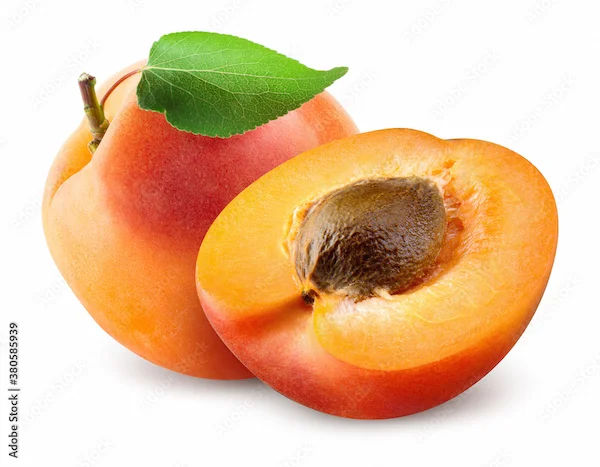Types of Mumps and Related Diseases
Explore the types of mumps infections and related diseases, their symptoms, complications, and prevention methods to stay informed and protected.


Mumps is a contagious viral infection that primarily affects the salivary glands, causing swelling and discomfort. While most cases are mild, complications can arise if not managed properly. In this article, we’ll explore the different types of mumps, related diseases, symptoms, causes, and ways to manage or prevent them.
What Is Mumps?
Mumps is caused by the mumps virus, which spreads through saliva or respiratory droplets (from coughing, sneezing, or sharing utensils). It mainly affects the parotid glands (saliva-producing glands near the ears), leading to the classic "chipmunk cheeks" appearance.
Types of Mumps Infections
1. Classic Mumps (Parotitis): The most common form, causing painful swelling in one or both parotid glands.
2. Atypical Mumps: Some people may have mild or no swelling, making diagnosis tricky.
3. Complicated Mumps: In rare cases, the virus can spread to other organs, leading to serious conditions like:
- Orchitis (swelling of testicles in males)
- Oophoritis (inflammation of ovaries in females)
- Meningitis or Encephalitis (brain-related complications)
- Pancreatitis (inflammation of the pancreas)
- Deafness (rare but possible)
Symptoms of Mumps
The signs usually appear 2-3 weeks after exposure and may include:
- Swollen, tender salivary glands (jaw/cheek area)
- Fever and headache
- Fatigue and muscle aches
- Loss of appetite
- Pain while chewing or swallowing
Some people, especially children, may have very mild or no symptoms but can still spread the virus.
Related Diseases and Complications
Mumps can sometimes be confused with other illnesses or lead to additional health problems:
1. Parotitis (Non-Mumps Causes)
- Bacterial infections (like staph or strep)
- Blocked salivary ducts (due to stones or dehydration)
- Autoimmune conditions (e.g., Sjögren’s syndrome)
2. Viral Infections Similar to Mumps
- Influenza (Flu): Causes fever and body aches but no gland swelling.
- Epstein-Barr Virus (EBV): Leads to gland swelling (mononucleosis).
- Cytomegalovirus (CMV): Can mimic mild mumps symptoms.
3. Post-Mumps Complications
- Orchitis (testicular inflammation): May cause pain, swelling, and rarely, infertility.
- Meningitis: If the virus reaches the brain lining, causing severe headaches and stiffness.
- Hearing Loss: Due to nerve damage (rare but permanent).
Consult Top Specialists
How Is Mumps Diagnosed?
Doctors usually diagnose mumps based on symptoms and a physical exam. If needed, they may recommend:
- Blood tests (to detect antibodies)
- Swab tests (from the throat or saliva)
- Urine tests (to confirm the virus)
Treatment and Home Care
Since mumps is a viral infection, antibiotics don’t work. Treatment focuses on relieving symptoms:
- Rest & Hydration: Helps the body fight the virus.
- Pain Relievers: Like paracetamol or ibuprofen (avoid aspirin in children).
- Warm/Cold Compresses: For swollen glands.
- Soft Foods: Easier to eat if chewing is painful.
When to See a Doctor?
Seek medical help if you notice:
- High fever, severe headache, or neck stiffness (possible meningitis)
- Testicular pain/swelling (orchitis)
- Persistent vomiting or abdominal pain (pancreatitis)
Prevention: The MMR Vaccine
The best way to prevent mumps is through vaccination. The MMR (Measles, Mumps, Rubella) vaccine is highly effective:
- First dose at 12-15 months
- Second dose at 4-6 years
Adults who haven’t been vaccinated or had mumps before should consider getting the shot, especially if travelling or in high-risk settings.
Lifestyle Tips to Avoid Mumps
- Avoid close contact with infected individuals.
- Wash hands frequently with soap and water.
- Don’t share utensils, cups, or towels.
- Stay home if infected (contagious for about 5 days after swelling starts).
Conclusion
Mumps is usually a mild illness, but complications can be serious. Vaccination is the best defense, along with good hygiene practices. If you or your child develop symptoms, rest, hydration, and pain relief can help recovery.
If you suspect mumps or need vaccination, Apollo 24|7 makes it easy to consult a doctor or book tests from home. Stay informed, stay protected!
Consult Top Specialists
Consult Top Specialists

Dr. D Bhanu Prakash
General Practitioner
10 Years • MBBS, AFIH, Advanced certificate in critical care medicine, Fellowship in critical care medicine
Hyderabad
Apollo 24|7 Clinic, Hyderabad

Dr. Rajib Ghose
General Physician/ Internal Medicine Specialist
26 Years • MBBS
Kolkata
B Ghose Foundation Doctor's Chamber, Kolkata
(25+ Patients)

Dr. Lakshmi Sindhura Kakani
General Physician/ Internal Medicine Specialist
10 Years • MBBS, MD (General medicine)
Visakhapatnam
Apollo 24|7 Clinic - Andhra Pradesh, Visakhapatnam

Dr. Rajib Ghose
General Practitioner
25 Years • MBBS
East Midnapore
VIVEKANANDA SEBA SADAN, East Midnapore

Dr. Swathi Reddy Perugu
General Physician/ Internal Medicine Specialist
7 Years • MBBS, MD (General Medicine)
Hyderabad
Health plus, Hyderabad
Consult Top Specialists

Dr. D Bhanu Prakash
General Practitioner
10 Years • MBBS, AFIH, Advanced certificate in critical care medicine, Fellowship in critical care medicine
Hyderabad
Apollo 24|7 Clinic, Hyderabad

Dr. Rajib Ghose
General Physician/ Internal Medicine Specialist
26 Years • MBBS
Kolkata
B Ghose Foundation Doctor's Chamber, Kolkata
(25+ Patients)

Dr. Lakshmi Sindhura Kakani
General Physician/ Internal Medicine Specialist
10 Years • MBBS, MD (General medicine)
Visakhapatnam
Apollo 24|7 Clinic - Andhra Pradesh, Visakhapatnam

Dr. Rajib Ghose
General Practitioner
25 Years • MBBS
East Midnapore
VIVEKANANDA SEBA SADAN, East Midnapore

Dr. Swathi Reddy Perugu
General Physician/ Internal Medicine Specialist
7 Years • MBBS, MD (General Medicine)
Hyderabad
Health plus, Hyderabad




